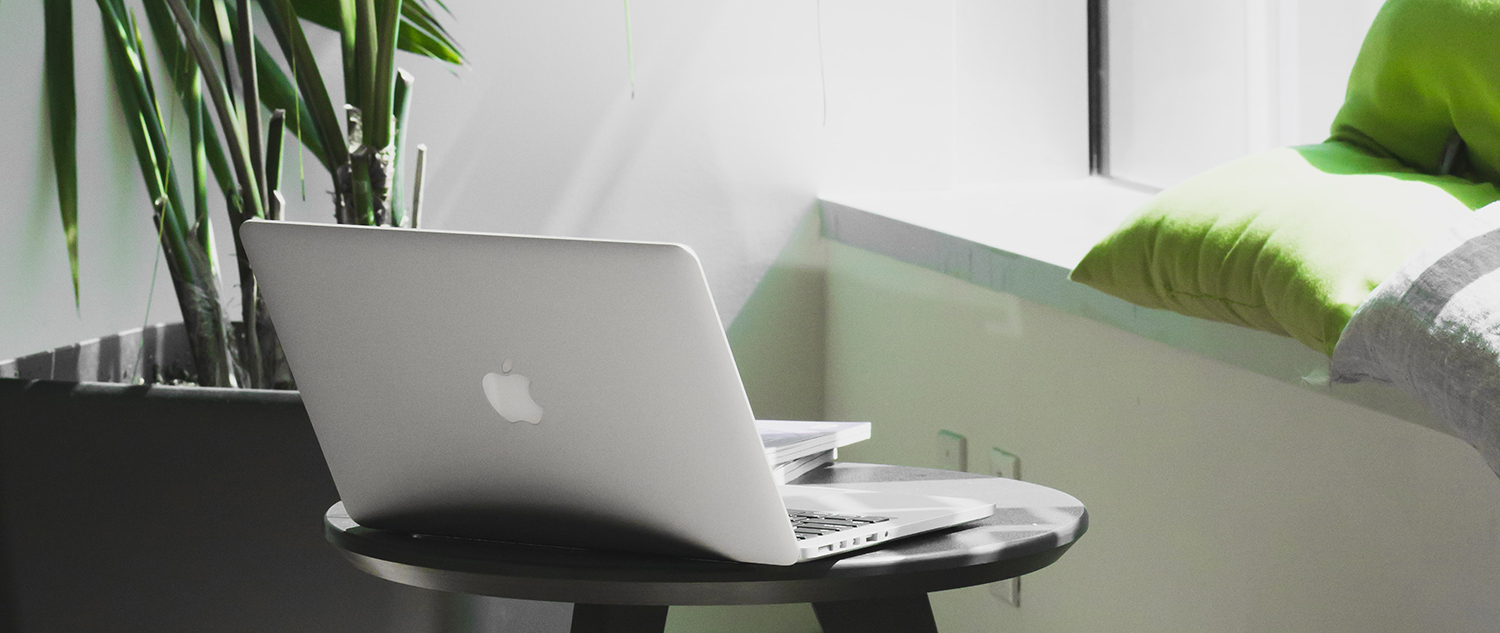Purchasing a home for the first time is exciting, but it can also be a little intimidating. After all, there’s a lot to learn if you’ve never been through the process before. But buying your first home doesn’t have to be scary. With a little planning — and of course plenty of guidance from your Homeowners Licensed Mortgage Professional every step of the way — you can put yourself on a stress-free path to homeownership!
Here are seven things to know to help you prepare for one of the biggest — and potentially most beneficial — purchases of your life:
1. You might not need to put as much money down as you think. Many potential homebuyers believe you need to put 20% down to buy a house. But that’s not realistic for most people, and it’s not necessary. Some first-time homebuyer programs require as little as 3% down, and if you qualify for a VA or USDA loan, you won’t have to make a down payment at all. As a first-time buyer, you may also qualify for down payment assistance programs that can provide loans and grants to help with your down payment and closing costs.
2. You can be flexible. Not having to time the sale of your current home with the purchase of your new one has its benefits, including more flexibility with your moving dates. Make a list of your priorities and the features you’re looking for in a home, but do try to keep an open mind as well. You’ll also want to consider partnering with a professional real estate agent who can guide you through the ins and outs of your home search and eventual offer.
3. Your first step is getting pre-approved. Before you even start looking for your dream home, it is important to determine what you can really afford. This may help you avoid the disappointment that can come from falling in love with a home that’s financially out of reach for you. Plus, in many instances, sellers will not even entertain an offer that’s not accompanied by a pre-approval letter from a reputable lender. This gives everyone confidence in your ability to close the deal. Our team here at Homeowners can provide a pre-approval letter at no cost to you!
4. You’ll want to maintain your credit. Your debt-to-income (DTI) ratio is the amount of money you owe compared to the amount you earn. Many experts recommend keeping the ratio below 36%. If you take steps now to start reducing the amount of debt you owe, you may be able to qualify for a larger mortgage or lower interest rate. Now is not the time to open a new line of credit or do any major spending, and be sure to keep paying your bills on time.
5. You need money for closing costs. In addition to your down payment, you’ll also need to pay for closing costs, which include homeowners insurance, property taxes, title fees, and other items. Closing costs typically range from 3% to 5% of the home’s purchase price, but you’ll see your exact closing costs on a document called a Closing Disclosure. Because you are a first-time buyer, you may qualify for grants that assist with these costs. Also, it’s not uncommon for sellers to help cover certain costs or for your lender to be able to roll some of the expenses into your mortgage financing.
6. It’s important to start an emergency fund. When you buy a house, there’s no landlord to call when your roof leaks or the furnace stops working on the coldest day of the winter. Having an emergency fund can help prevent you from taking on debt as a new homeowner. If you start setting aside money — even if it’s just a little at a time — you’ll be surprised how quickly it adds up.
7. You can build equity. We all need a place to live, and we usually have just two choices: to rent or own. Over the long haul, owning has proved to be one of the most fruitful paths to prosperity, comfort, and stability. Unlike renting, when you buy a home, every time you make a payment, a portion of that payment goes toward your own net worth. Plus, home values typically increase over time. Over the long term, you may build generational wealth or create an investment to sell when you retire. No matter your goal, there are many benefits to being a homeowner.
We know that buying your first house be a bit daunting. Remember, we’re here to help you find the right mortgage for you and answer every question you have.
Ready to get started? Let’s have a conversation!





